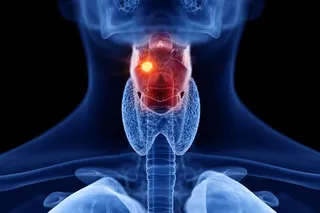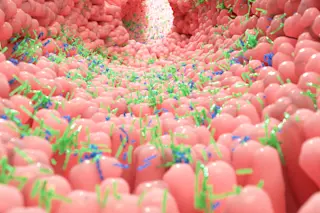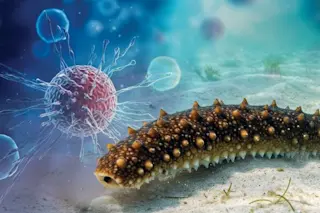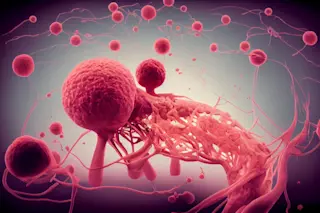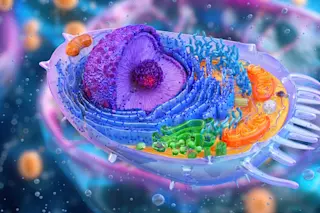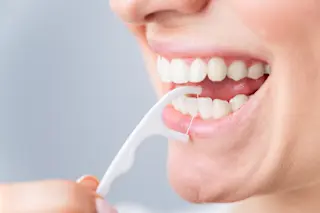(Credit: Shutterstock) Roughly one in five cancer patients struggle with post traumatic stress disorder (PTSD) in the aftermath of diagnosis and treatment. A recent study from Malaysia indicates that PTSD is a fairly common result of the long and difficult process of living with and treating cancer. Though most commonly associated with soldiers returning from war, PTSD can result from many different forms of trauma. The disorder can sometimes go unnoticed, or be misdiagnosed, causing those suffering to endure psychological distress that can lead to suicide in some situations.
Researchers from the National University of Malaysia followed 469 cancer patients starting one month after their diagnosis to four years later. Roughly 20 percent showed some symptoms of PTSD six months after their diagnosis, as researchers detail in a paper published Monday in the journal Cancer. By the fourth year, that percentage had dropped to just over six percent, though a ...



